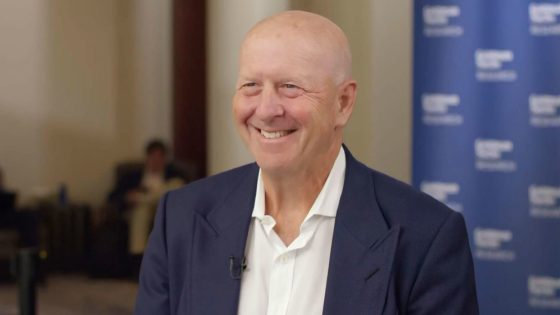A staggering 93 per cent of Generation Z job-seekers have not turned up to an interview in the past year, a survey has revealed.
Research found eight in ten of those aged 18 to 24 and 25 to 39 have engaged in “ghosting” a company.
According to the survey, 14 per cent of 18 to 24 year-olds say that they did not attend a job interview because they were not impressed with the company up to that point.
While nearly one in five of the Generation Z group said ghosting possible employers was “empowering”.
Figures also show that almost nine out of ten said they did not show up on their first day at work and nearly a quarter said they had quit their job without giving notice.
The research found that Millennials felt the most guilty about ghosting an interview, with one third admitting that the act had made them anxious.
Two-thirds feared it would have a bad impact on their future.
According to 50 per cent of those surveyed, it is acceptable to not attend a job interview because firms don’t often respond to job applications and many do not tell candidates if they have been unsuccessful.
LATEST DEVELOPMENTS:
Ricky Martin, winner of the The Apprentice in 2012 said he has noticed “an increasing percentage of those who have accepted an invitation simply don’t turn up”.
“It’s a vast shift from the world I grew up in. I got my first job at 13 delivering papers, and by 16 was earning £2.97 an hour at my local Budgens,” he told the Daily Mail.
“Some of the work was a dull slog, but I never questioned the need for it: the effort was part of the path to success. Twenty years later, I struggle to see the same attitude among this new crop.
“While many young people I recruit are dedicated and enthusiastic, their focus has changed.
“However keen, they arrive at interview – if they turn up – asking what my company can do for them rather than what they can offer.

Figures show that almost nine out of ten people said they did not show up on their first day at work (stock image)
Getty
“No doubt youngsters see influencers on social media working from a beach, and believe they should be able to do the same.”
The study was carried out by recruitment site Indeed and involved 1,500 firms and 1,500 adults who were asked if ghosting had become common practice.
Danny Stacy, Indeed’s UK Head of Talent Intelligence, said: “It’s clear that ghosting has become an unwelcome phenomenon for employers.
“Workers point to being ghosted by employers as a reason to be able to do the same, so businesses have a clear directive to keep up communication on their end during the hiring process.”
Source Agencies




